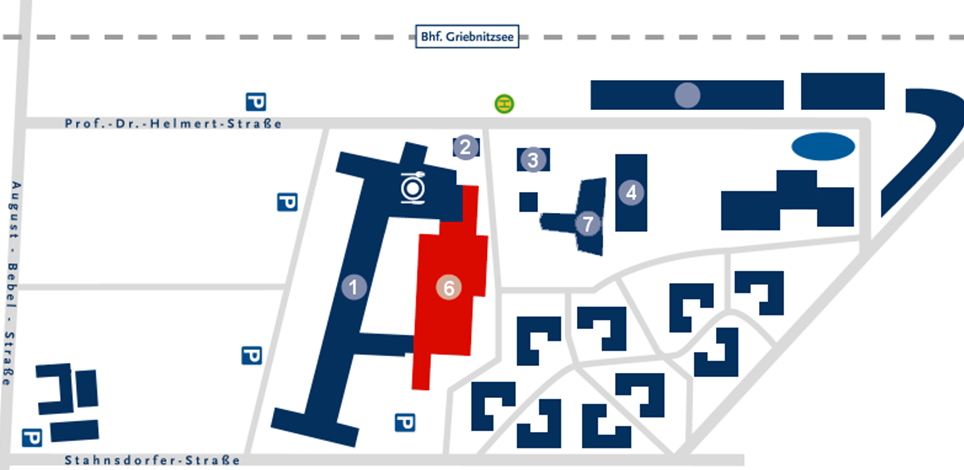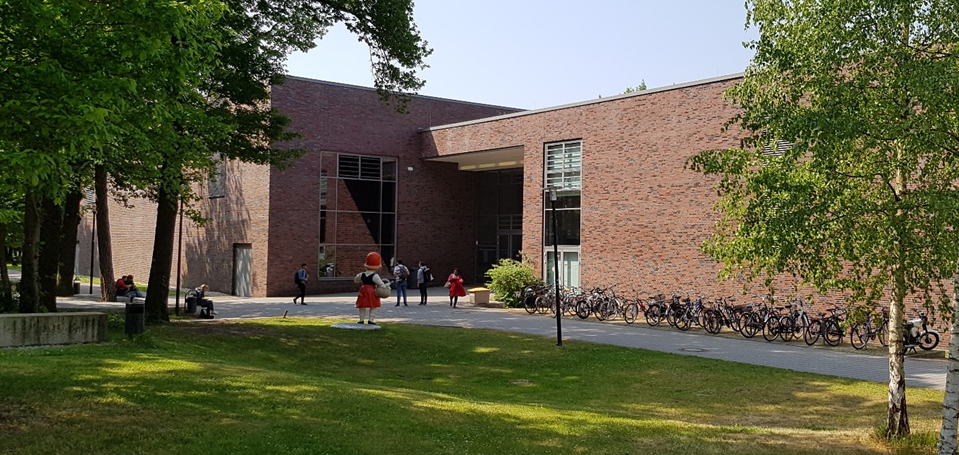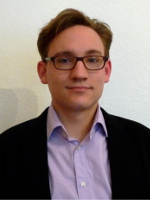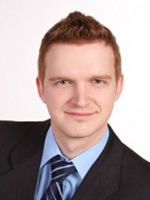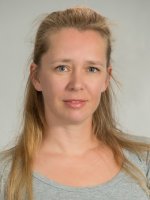TOPIC & GOALS
“Virtual Reality” is a highly virulent topic that addresses cognitive, social, technical and ethical dimensions which offer an interesting view on digitalized modern societies. There is a need for conceptual reflections and empirical research in all fields of science. Especially inter-disciplinary approaches promise a broader comprehension of this complex phenomenon in the light of active self and presence.
Sensory and motor activities are at the core of cognition and provide the foundation of two cognitive concepts: First, the “minimal self-concept” in the notion of “me” as an intentional and effective agent in the present moment. Second, Presence in the sense of “being” in as well as being aware of a physical or virtual environment. Both perceptions together have an essential influence on the interaction of humans and computer systems – culminated in Virtual Reality (VR) experiences.
On the one hand, there is currently considerable interest in the sensory-motor foundations of the minimal self, for example in the DFG-sponsored priority program “The Active Self”. On the other hand, the current VR hype brings a mass of innovative technologies that can be used to influence the presence in simulated environments. For cognitive research, the manipulations of the active self and presence with the help of VR are particularly promising among the many available tools to study sensory-motor couplings and their cognitive consequences. For sociological informed Human-Computer Interaction (HCI) research, the potentials of Active Self and Presence have to be understood for a holistic model of interactions with media and media based interactions between individuals. But what does that mean for the constitution of the social within these settings? How is individual action coordinated? How do interactions rule emerge? If individuals are represented virtually, for example with a virtualized “body”, which social categories do establish and structure interactions? Which mechanisms attribute to individual identity? In other words: If VR irritates societal expectations of normality, what are the consequences for communication of social, temporal and spatial expectations?
The systematic, computer supported decoupling and distortion of sensory input, motor output and the monitoring of social activities is likely to inform current theories of cognition as well as the production of the social generally, and of embodied cognition in particular. VR offers manifold methodological possibilities for experimental research designs. Questions which have to be addressed include: What are the context conditions and factors that lead to the feeling of presence and co-presence (Goffman)? How can these factors be measured, weighed, and traded? How can the measurement and manipulation of these factors be realized in VR? Which ethical aspects do play a role? How do Active Self and Presence influence interactive media?
The workshop addresses scientists and advanced students in Cognitive Science, Sociology, as well as Computer Science that are interested in VR as a research tool. Three experts from different diciplines will provide keynote speeches on specific VR-related research topics to stimulate the interdiciplinary discussion as main part of the workshop program.
One of the workshop results ist the preparation for a guest-edited special issue on VR as a research tool.
